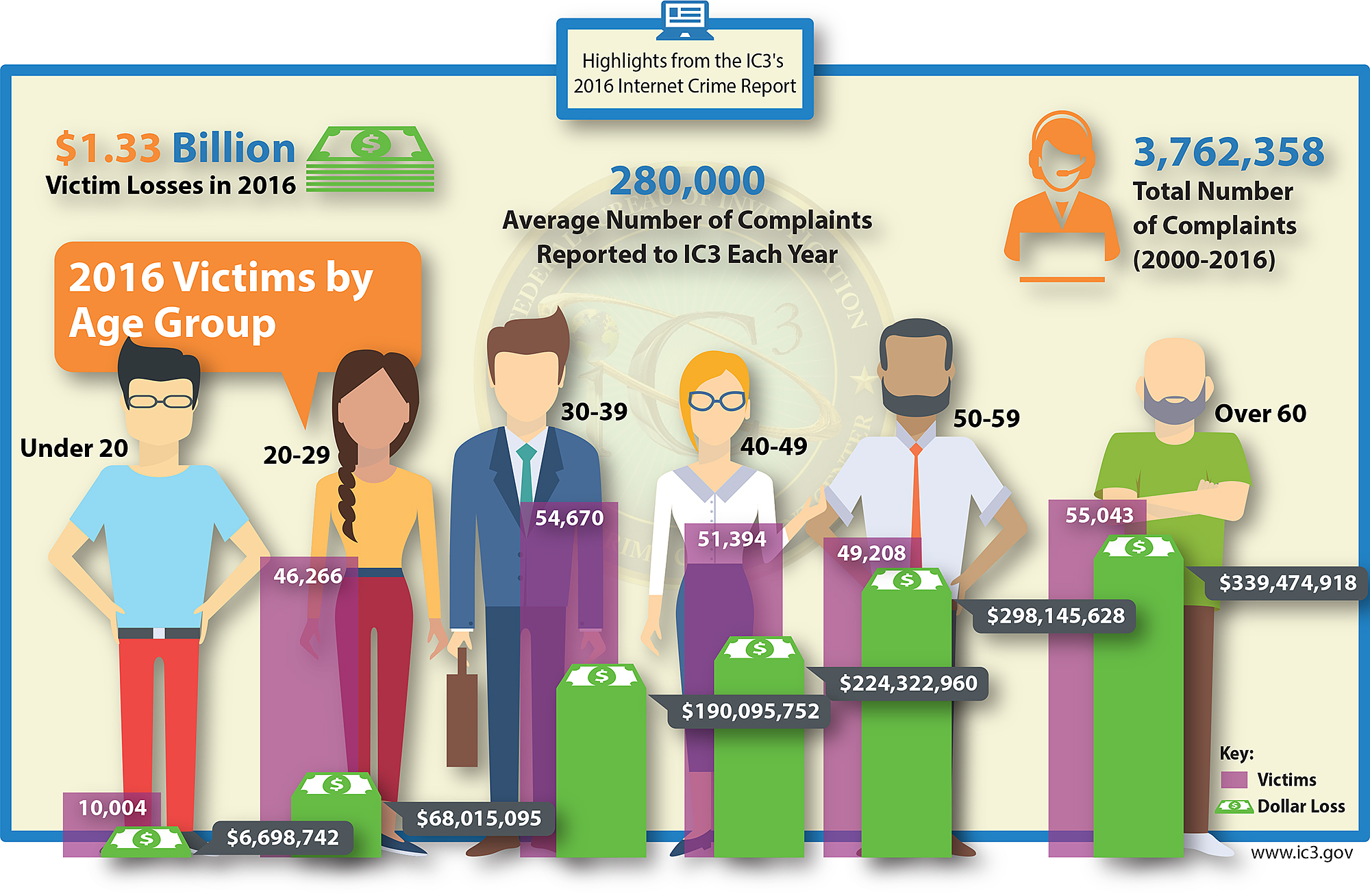Seems it at least began in 2015, long before Donald Trump was campaigning for the Oval Office.
Also, as an aside, John Podesta is testifying before the House Intelligence Committee next week. He too has financial ties to Moscow operations.
The Vnesheconombank is Russian owned and has been under a sanctions architecture due to the annexing of Crimea. In Russia, by law, the bank’s board chairman is the Prime Minister of Russia. Vladimir Putin increased leading when he became the bank’s chairman in 2008. Now precisely why is Russia investing at all in the United States in the first place? Well soft power and doing business with the Export Import Bank, an agency that is corrupt to the core. Further, Sergei Gorkov is head of the bank and is is/was a Russian spy.
 ABC
ABC
BusinessInsider:The U.S. Treasury has added a bunch of entities to its Russia sanctions list, including a sovereign wealth fund that used to be connected to some pretty high-profile U.S. billionaires.
The Treasury’s Office of Foreign Assistance Control on Thursday added The Russian Direct Investment Fund to the list, along with a number of entities linked to RDIF parent Vnesheconombank and energy giant Rosneft.
Vnesheconombank was first sanctioned last year, but RDIF hadn’t been explicitly targeted until the announcement on Thursday.
Private equity moguls Steve Schwarzman of Blackstone, David Bonderman of TPG, and Leon Black of Apollo Global Management all served as board members for RDIF when it was established in 2011, according to a press release at the time.
At some point, those names were removed from the RDIF website.
The Wall Street Journal first reported that the investors’ names had disappeared from the site in September 2014, but said that they still served on the board at that time. There are currently no names listed on the international advisory board on RDIF’s website.
Back in 2011, each board member issued statements about joining the board. Here are some highlights:
“We believe there are many attractive investment opportunities in Russia — the RDIF will provide the strong and experienced local partnership needed for investors to realize those opportunities.” — David Bonderman
“Russia has strong fundamentals that will continue to fuel its growth trajectory and offer attractive investment opportunities. We believe the Russia Direct Investment Fund will help further align U.S. and Russian objectives in terms of identifying paths toward partnership in the private sector.” — Leon Black
“It’s always good to have friends when you are going to a place that you are not as familiar with.” — Stephen Schwarzman
Bonderman has spoken publicly about investing in the country in recent months, telling an audience at the Milken Global Conference this year that the Russian market remains attractive, according to a report by CNN Money.
He is quoted as saying: “Sanctions are perfectly set up not to work at all but to make a political statement.”
Spokespeople for Blackstone and TPG declined to comment. Apollo could not be reached for comment.
A spokesperson for the Russian Direct Investment Fund said: “For Vnesheconombank subsidiaries the new clarification by the US Department of the Treasury is essentially a technical repetition of sanctions imposed a year ago, which targeted a number of Russian companies including Vnesheconombank and its subsidiaries.
“Given the nature of the Fund’s activity, RDIF has never attracted financing in the USA, it invests its own funds. Since the introduction of sanctions last year RDIF has continued to invest into the Russian economy and build new international partnerships.”
So what you ask?
 Sergei Gorkov
Sergei Gorkov
Well due to sanctions, those on the Trump campaign team, transition team and now in the White House may have violated sanctions. If so, the reason would be why, to what end and how many may be involved? It should also be added that many Republicans have ties to Russians and oligarchs, not all is as it seems. We can only hope, while not knowing details, the Senate is also investigating Hillary Clinton in much the same condition. Yet as Secretary of State, Hillary and Obama had the ability to sign waivers to finesse sanctions. This was likely the case between Hillary and the Kremlin regarding Skolkovo.
Remember, don’t shoot the messenger. Furthermore, it seems some on the Senate committee are leaking too.
Senate investigators are examining the activities of a little-known $10-billion Russian investment fund whose chief executive met with a member of President Donald Trump’s transition team four days before Trump’s inauguration, a congressional source told CNN.
The source said the Senate intelligence committee is investigating the Russian fund in connection with its examination of discussions between White House adviser Jared Kushner and the head of a prominent Russian bank. The bank, Vnesheconombank, or VEB, oversees the fund, which has ties to several Trump advisers. Both the bank and the fund have been covered since 2014 by sanctions restricting U.S. business dealings.Separately, Steve Mnuchin, now Treasury Secretary, said in a January letter that he would look into the Jan. 16 meeting between the fund’s chief executive and Anthony Scaramucci, a member of the transition team’s executive committee and a fundraiser and adviser for Trump’s presidential campaign. At the time, Mnuchin had not yet been confirmed as Treasury Secretary. The Treasury Department did not respond to a request for an update.Two Democratic senators had asked Treasury to investigate whether Scaramucci promised to lift sanctions — a policy shift that would help the fund attract more international investment to Russia.The questions draw attention to the Russian Direct Investment Fund, a government investment arm that has helped top U.S. private-equity firms invest in Russia and that was advised by Stephen Schwarzman, who is now chairman of Trump’s Strategic and Policy Forum, an advisory group of business leaders.Schwarzman, chief executive officer of Blackstone Group, was named in 2011 to the fund’s International Advisory Board along with other leaders of major equity companies and sovereigh-wealth funds who reviewed the fund’s operations, plans and potential investments. Schwarzman declined to comment. A source close to him said Schwarzman has not spoken to anyone on the fund “for some time.”The fund also worked with Goldman Sachs, whose former president Gary Cohn is Trump’s chief economic adviser and where Kirill Dmitriev, the fund’s chief executive, worked as an investment banker in the 1990s. Goldman was part of a consortium created in 2012 to invest in large Russian businesses preparing to go public, and was hired in 2013 to burnish Russia’s investment image. The company declined to comment.‘I would reach out to people to help him”
Senate and House investigators are looking into various Russian entities to determine whether anyone connected to the Trump campaign helped Russians as they meddled in the 2016 presidential election, and whether Trump associates discussed sanctions with Russian officials.The congressional inquiries, along with a criminal investigation by special counsel Robert S. Mueller, have shadowed the Trump administration. Trump has denied any connection to Russia’s election-meddling, calling the criminal probe “a witch hunt.”Scaramucci, the founder of SkyBridge Capital, minimized his January meeting with Dmitriev in the resort town of Davos, Switzerland, at the celebrated annual gathering of the World Economic Forum. Scaramucci had met Dmitriev at previous Davos meetings, although at the gathering in January, Scaramucci was expecting to be named White House liaison to the business community.Dmitriev “came over to say hello in a restaurant, and I was cordial,” Scaramucci said in a recent email to CNN. “There is nothing there.”The day after the meeting, Scaramucci told Bloomberg TV that he had “as a private citizen” been working with Dmitriev on bringing a delegation of executives to Russia.“What I said to him last night, in my capacity inside the administration, I would certainly reach out to some people to help him,” Scaramucci said before describing a thicket of ethical clearances he would face. “The idea was many months ago to have more outreach with Russia but also other countries, not just Russia. China, other countries.”Scaramucci’s comments alarmed Democratic Senators Elizabeth Warren of Massachusetts and Ben Cardin of Maryland, who asked Mnuchin investigate whether Scaramucci sought to “facilitate prohibited transactions” or promised to waive or lift sanctions against Russia.In a reply Jan. 30, before he was sworn in, Mnuchin said he would “ensure the appropriate Department components assess whether further investigation of this matter is warranted.”A spokeswoman for the Russian fund said the two men did not discuss sanctions, and that the discussion itself did not violate sanctions that U.S. imposed in 2014 after Russia annexed part of neighboring Ukraine. The spokeswoman declined to describe the conversation, saying, “We do not comment on private meetings.”An advocate for lifting sanctions
Since Trump’s election, Dmitriev has been one of Russia’s most vocal officials in calling for an end to U.S. sanctions and arguing that joint U.S.-Russia projects can create jobs in the United States.The fund hired two U.S. lobbying firms in September 2014, after sanctions were imposed, paying them a combined $150,000 over two months for public relations work. The fund has not hired any lobbyists since then.With a history of helping U.S. manufacturers and asset management companies invest in Russia, the fund is a logical starting point for Russia’s push to lift U.S. sanctions, former State Department chief economist Rodney Ludema said.“If you’re going to get your nose under the tent, that’s a good place to start,” said Ludema, a Georgetown University economics professor. “I’m sure their objective is to get rid of all the sanctions against the financial institutions. But RDIF is one [sanctioned organizations] where a number of prominent U.S. investors have been involved.”Scaramucci also questioned U.S. sanctions while he was in Davos and echoed Trump’s statements about improving relations with Russia.Two weeks after the meeting between Scaramucci and Dmitriev, when President Trump spoke by phone to Russian President Vladimir Putin, the fund announced it would open an office in New York in May.No New York office has been opened but the fund “still expects to open a representative office in the US this year,” the spokeswoman said.





 CommentaryMagazine
CommentaryMagazine